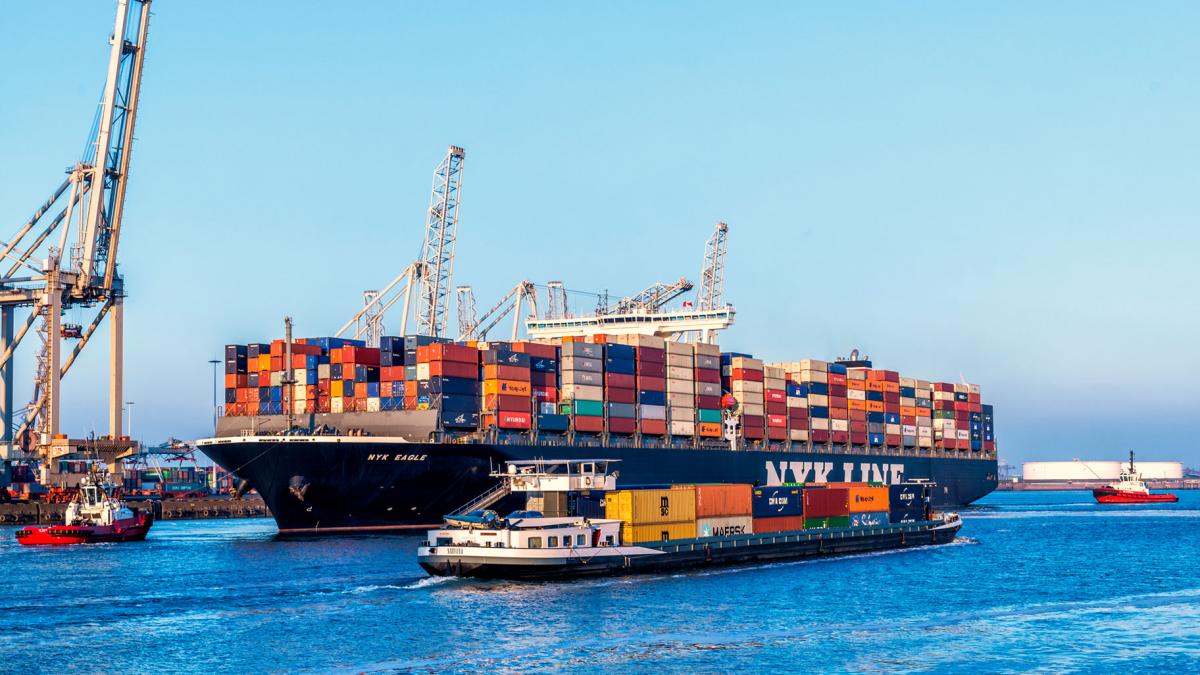Pakistan should focus on accelerating services-oriented exports, instead of traditional, manufacturing-based exports, according to World Bank Senior Economist, Gonzalo Verela.
Pakistan’s widening trade deficit is due to stagnant exports, not rising imports, Verala argued in a series of tweets.
Pakistan’s trade deficit has been expanding in the past few months. In the July-September period, it more than doubled year-over-year to $11.6 billion.
“The problem here is not so much #imports (recent increases to a large extent driven by international prices playing against #Pakistan) but with #exports being stagnant,” Verela said in a tweet.
Imports grew by 65.1 percent to $18.63 billion in the first three months of FY2021-22 from $11.29 billion in the same period in the last fiscal year.
Meanwhile, exports rose by just 27.32 percent to $6.97 billion in the first quarter of the current fiscal year from $5.47 billion in the corresponding period in FY2020-21.
Verela, an Islamabad-based World Bank economist, said that Pakistan’s exports have stayed stuck at about $6 billion for a decade.
4/7 A closer look at the numbers of #services #exports is revealing however. Total exports stuck at 6 billion for about a decade. But check out the composition! A transformation away from traditional, into #modern #services exports that happen to be #knowledge intensive. pic.twitter.com/1Gn5mU14KS
— Gonzalo Varela (@gonwei) October 6, 2021
However, he highlighted that there had been a shift from low-value, traditional exports to high-value services exports that are knowledge-intensive.
Knowledge-intensive services are services and business operations that use professional knowledge, such as financial and information technology services.
Verela argued that Pakistan should focus on accelerating knowledge-intensive services exports instead of low-value, traditional exports.
“#Economic transformation implies more of this, less of low #value added activities,” he said.
Verela backed his argument by referring to a report summarizing the findings of a book published by World Bank economists.
The book claims that the services sector is increasingly driving economic transformation and development, despite developing countries’ focus on manufacturing.
“This services-driven economic transformation is possible because of new opportunities for scale, innovation and spillover effects that made manufacturing more productive in the past,” said Elwyn Davies, co-author of the book.
“For policy makers, therefore, it isn’t a question of whether to support manufacturing or services, but rather a recognition that the potential for services to contribute to productivity and jobs is growing—and they should act to take advantage of it,” the report concluded.





















